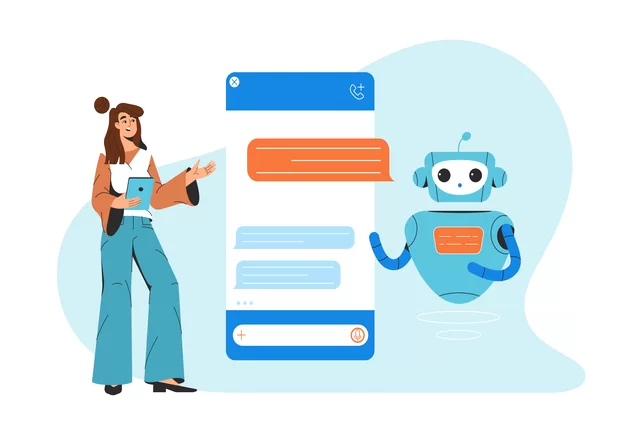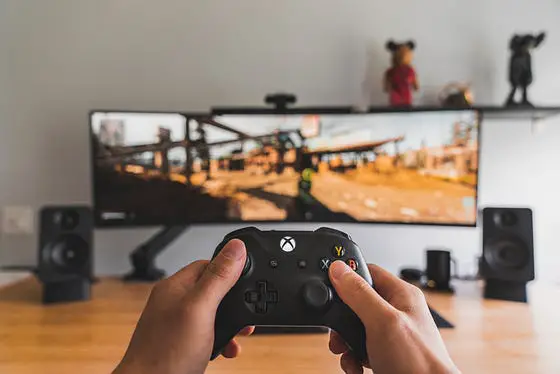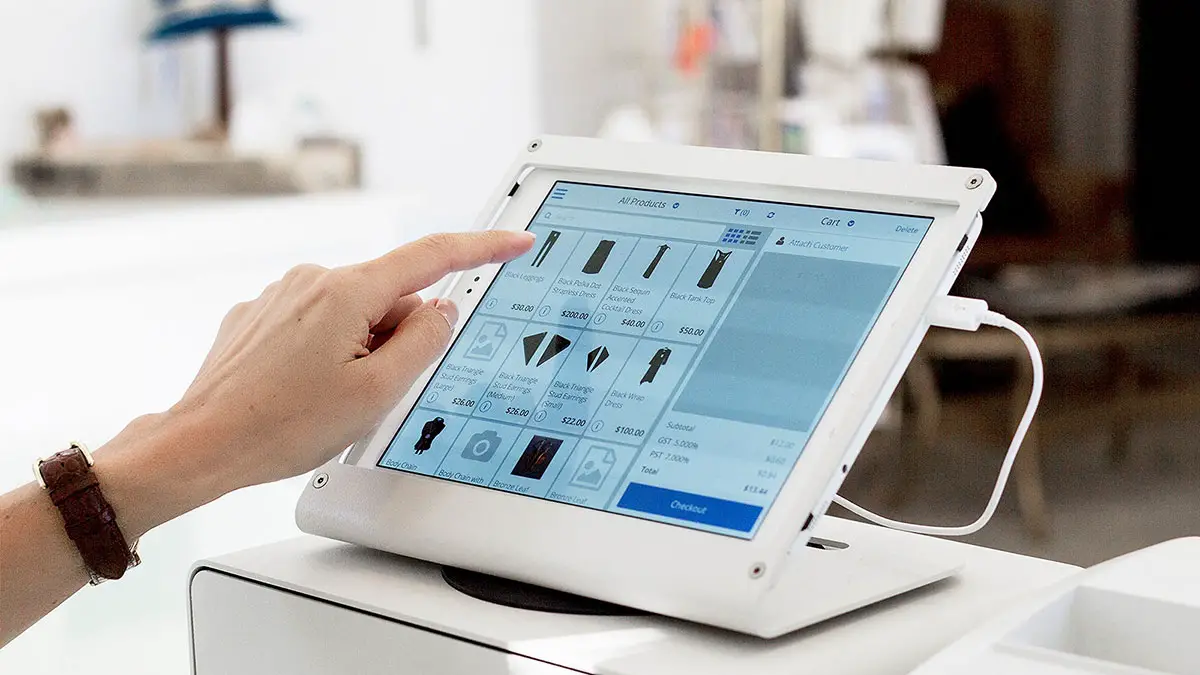Laughter as Medicine – Using Humour to Cope as a Foster Family
Caring for foster children who come from difficult backgrounds brings joys as well as challenges. Using humour and laughter can help foster families connect, cope with stress, and create a positive environment. Laughter releases chemicals that improve mood and foster bonding between people. Finding reasons to laugh makes everyone more cheerful and relaxed. The Therapeutic … Read more









